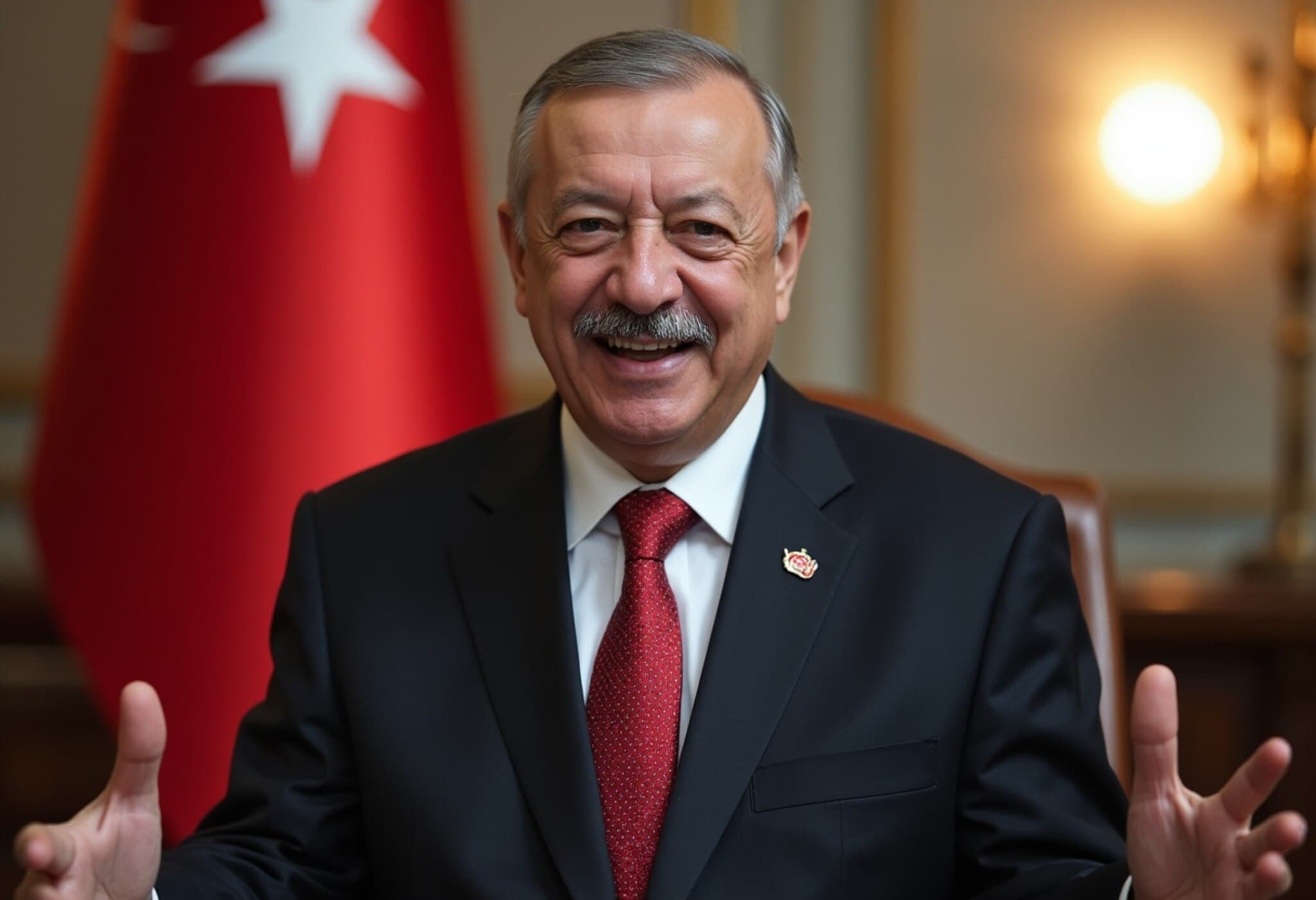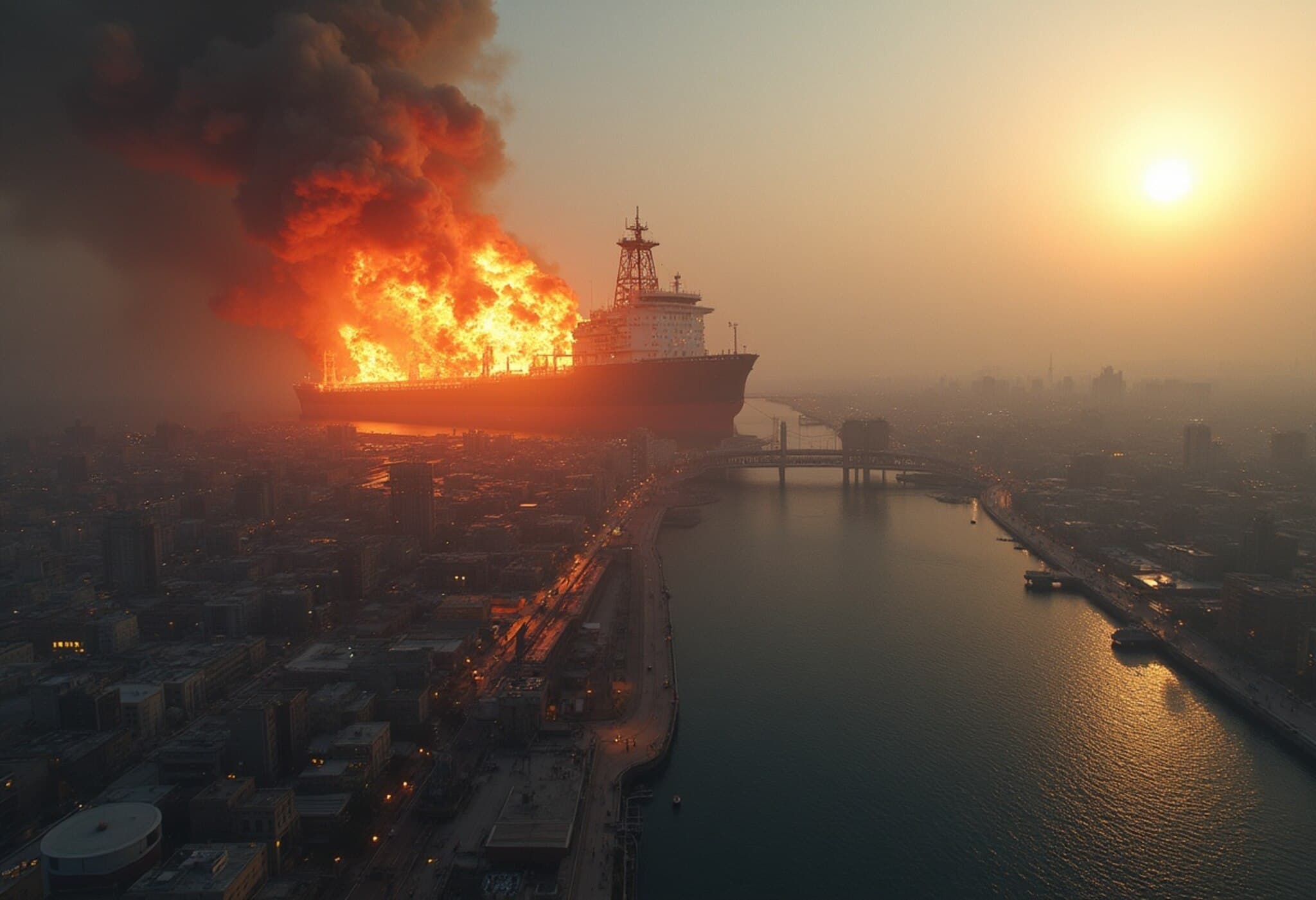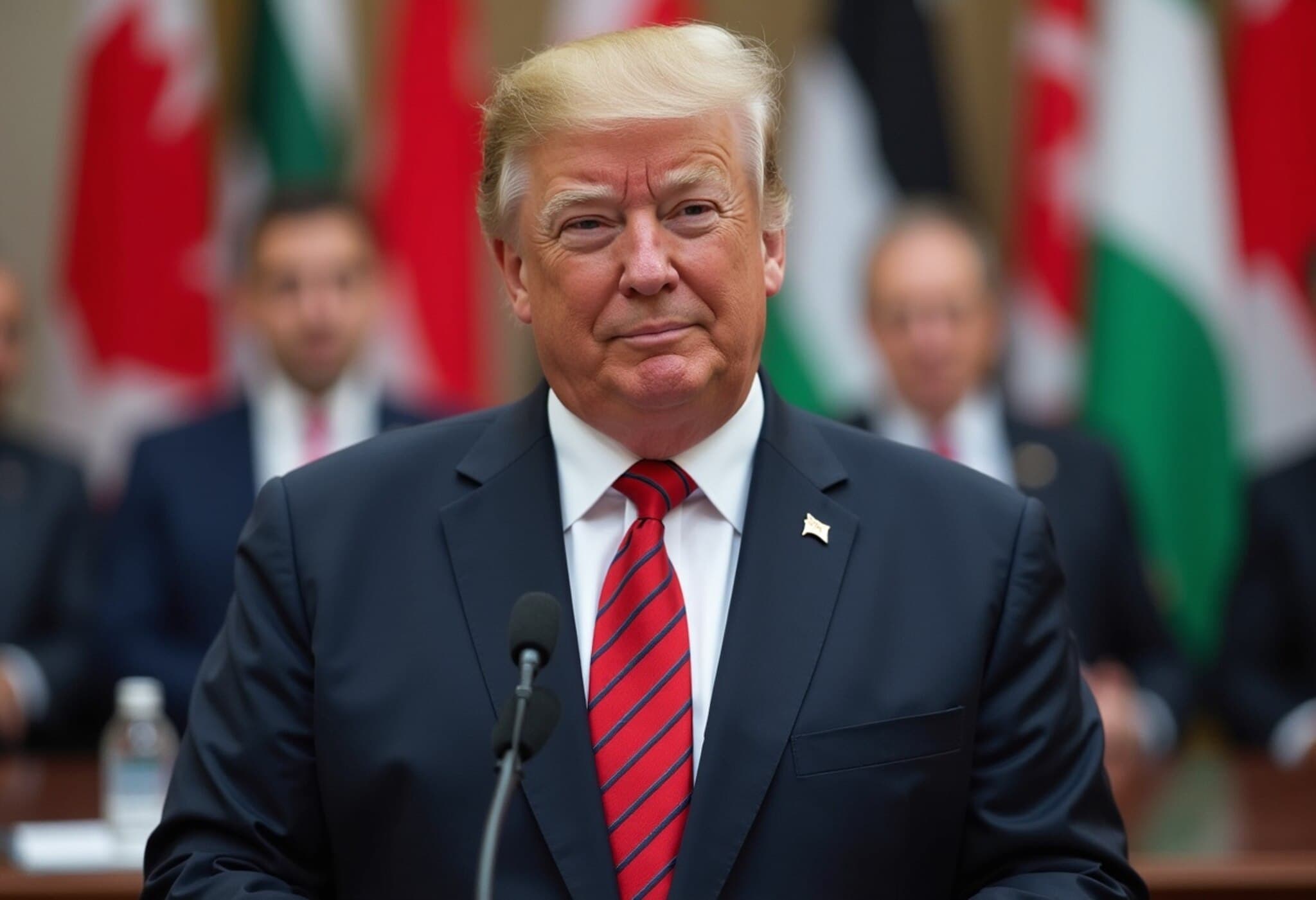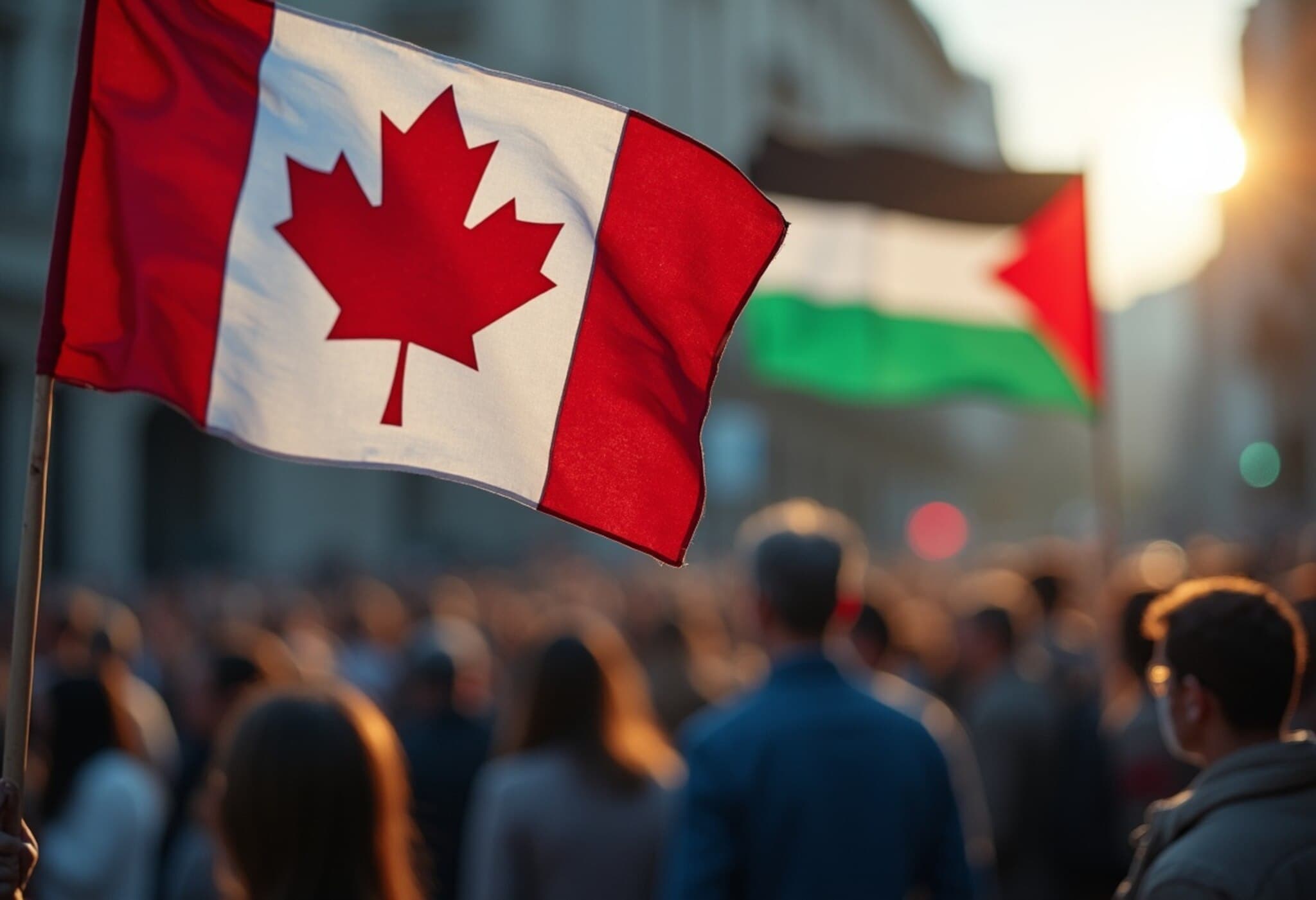Turkey's President Endorses Two-State Solution on Cyprus Amid Ongoing Division
On July 20, 2025, Turkish President Recep Tayyip Erdogan stood firm in his unwavering support for a controversial two-state solution to the decades-long Cyprus conflict. Marking the 51st anniversary of Turkey’s military intervention on the island, Erdogan declared his commitment to Turkish Cypriot leader Ersin Tatar’s vision, signaling a pivotal moment in a conflict that has shaped Eastern Mediterranean geopolitics for over half a century.
Historical Background: An Island Divided Since 1974
The roots of today's fractured Cyprus trace back to 1974, when Turkey launched a military intervention following a coup orchestrated by supporters of union with Greece. This decisive action split the island along ethnic lines, carving out a Turkish Cypriot-controlled northern third while the internationally recognized Republic of Cyprus remained in the south under Greek Cypriot administration.
While only Turkey recognizes the Turkish Republic of Northern Cyprus (declared in 1983), the presence of over 35,000 Turkish troops in the north underscores Ankara’s enduring influence. For Greek Cypriots, the 1974 invasion remains a painful national trauma — an occupation symbolized by solemn memorials commemorating the conflict’s victims.
President Erdogan’s Address and the Two-State Vision
Speaking during a military parade in the divided capital city of Nicosia, Erdogan emphasized, “Our support for Ersin Tatar’s vision for a two-state solution is absolute.” He urged the international community to acknowledge the “facts on the ground” by establishing diplomatic and economic relations with Northern Cyprus.
This position stands in stark contrast to the prevailing international consensus, which overwhelmingly favors reunification under a federal framework endorsed by the United Nations. Erdogan’s call signals a challenge to decades of diplomatic engagement focused on bridging the divide.
Recent Diplomatic Developments and Stalled Negotiations
In early July 2025, key stakeholders—including Turkish and Greek Cypriot leaders, foreign ministers from guarantor powers Greece and Turkey, and a British minister—met at the United Nations headquarters in New York. This historic meeting, brokered by UN Secretary-General Antonio Guterres, aimed to rekindle peace talks after an eight-year freeze.
However, talks faltered as Turkish Cypriot demands for formal recognition as a sovereign state remained non-negotiable, a position unacceptable to Greek Cypriots. Nonetheless, the meeting yielded modest progress through confidence-building measures such as cultural artifact exchanges and the establishment of an advisory committee focused on civil society collaboration.
Looking ahead, Guterres has scheduled follow-ups in September, aligning with Turkish Cypriot leadership elections in October. Ersin Tatar, who campaigns on a two-state platform, will be central to future negotiations.
Why the Two-State Proposal Sparks Divisions
- Security Concerns: Greek Cypriots reject the notion of permanent Turkish military presence that would be institutionalized under a two-state deal.
- Political Autonomy: The proposal grants Turkish Cypriots broad veto powers over government decisions, a provision that undermines Greek Cypriot sovereignty in their eyes.
- International Law & Recognition: Apart from Turkey, no other country recognizes Northern Cyprus, complicating its international legitimacy.
Given these complexities, the entrenched positions illustrate why reunification efforts have repeatedly stumbled, with the last major attempt collapsing in 2017.
Greek Cypriot Perspective and Regional Implications
Greek Cypriot President Nikos Christodoulides condemned Ankara’s persistent military occupation, labeling it an obstacle to Turkey's aspirations for European Union integration and regional cooperation. The ongoing division fosters instability in a geopolitically vital zone rich in energy resources, including offshore hydrocarbons, underscoring the wide-reaching stakes of the dispute.
This stalemate not only hampers bilateral relations but also reverberates across Eastern Mediterranean energy politics, EU-Turkey relations, and NATO cohesion, illustrating how a local conflict can challenge broader international dynamics.
Editor’s Note
The Cyprus issue remains one of the most enduring geopolitical puzzles, with shifting alliances and evolving regional interests shaping the dialogue. Erdogan’s recent affirmation of a two-state solution marks a significant departure from prior UN-backed frameworks aiming at reunification under a federal model. As Turkish Cypriot elections approach, the world watches closely to see whether hardened positions will yield to compromise or entrench further division. The broader question remains: can the international community reconcile principles of sovereignty and self-determination against the realities of a frozen conflict? This moment invites renewed examination of peacebuilding strategies and the role of global actors in facilitating dialogue.
For readers interested in Eastern Mediterranean geopolitics, the Cyprus divide epitomizes the intricate intersection of history, identity, and international diplomacy.














